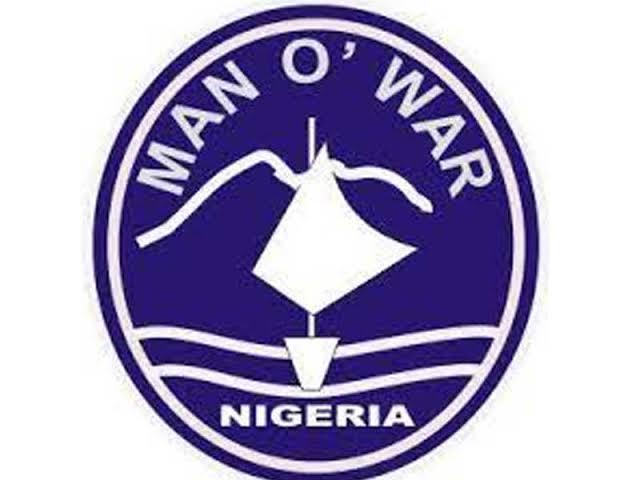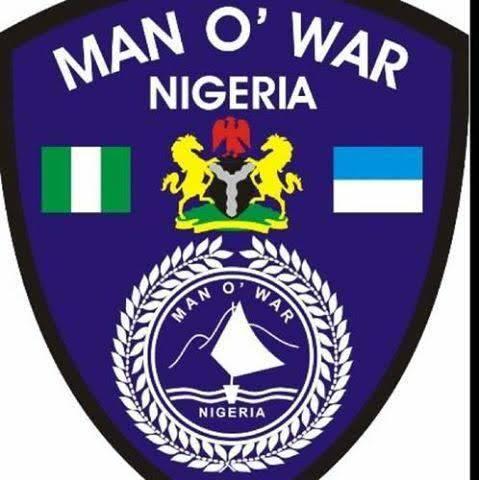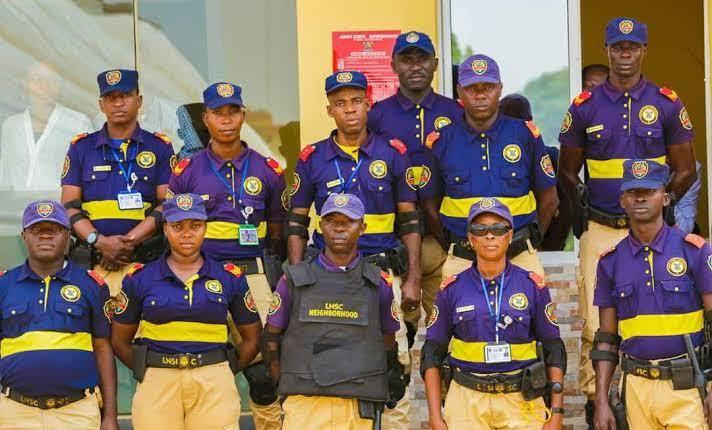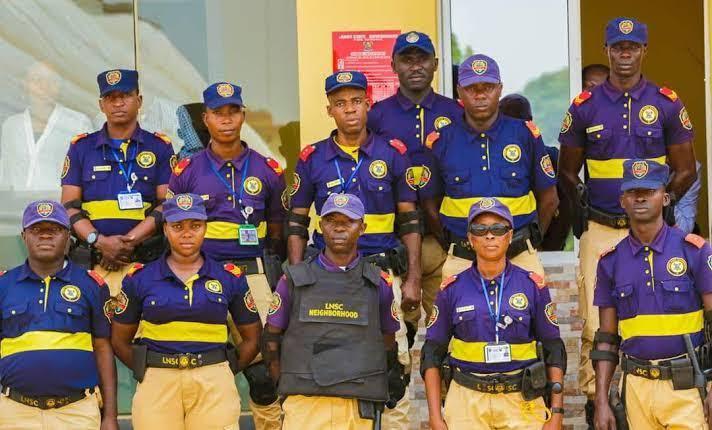Explore Our Bill Payment Services:
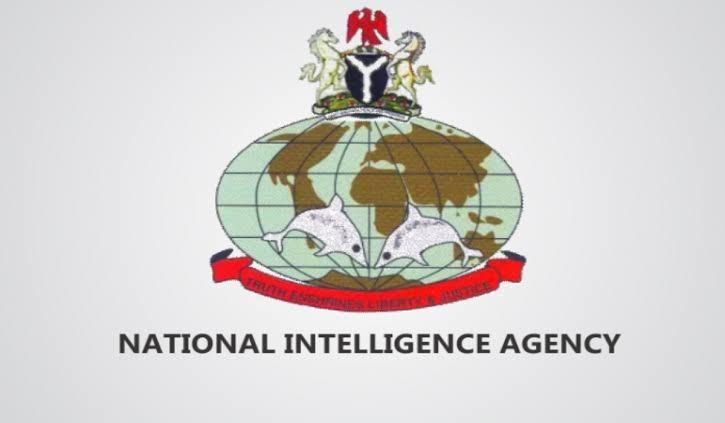
- Military And Defence
- Para-Military Guide
- Nigeria
Functions Of The Nia In Nigeria: Their Official Roles & Responsibilities
The Nigerian Intelligence Agency (NIA) is one of Nigeria’s most secretive and powerful security institutions. It operates outside the spotlight, but its role is crucial to national survival and foreign diplomacy.
If you’ve ever asked:
-
What does the NIA really do?
-
Is it the same as DSS or the military?
-
Who does the NIA report to?
This guide gives you a verified breakdown of the functions, duties, and responsibilities of the NIA in Nigeria.
What is the NIA?
The Nigerian Intelligence Agency (NIA) is the foreign intelligence arm of Nigeria's national security setup. It operates under the Office of the National Security Adviser (ONSA) and is responsible for handling intelligence gathering and covert operations outside Nigeria.
Think of it as Nigeria’s version of the CIA (USA) or MI6 (UK).
Official Functions of the NIA
Below are the key functions and roles assigned to the Nigerian Intelligence Agency:
1. Foreign Intelligence Gathering
The NIA is tasked with collecting intelligence on foreign governments, organizations, and individuals that may affect Nigeria’s national interest.
This includes:
-
Monitoring foreign military activities
-
Gathering economic intelligence
-
Tracking foreign policies and diplomatic trends
-
Intercepting and decoding international threats
2. Counterintelligence Operations Abroad
Counterintelligence involves detecting and preventing foreign espionage against Nigeria.
The NIA:
-
Protects Nigerian embassies and consulates abroad from surveillance
-
Identifies and neutralizes foreign spy operations targeting Nigeria
-
Shields classified Nigerian assets overseas from foreign access
3. Diplomatic Security Support
The NIA works closely with the Ministry of Foreign Affairs to:
-
Provide intelligence reports to Nigerian diplomats
-
Secure embassies and high commissions abroad
-
Vet foreign contacts and diplomatic appointments
4. Monitoring International Threats
NIA officers are positioned globally to monitor:
-
Terrorist threats targeting Nigerian citizens overseas
-
Cross-border financial crimes and cyber threats
-
International arms smuggling, human trafficking, and drug trade
5. Advising the Presidency on Foreign Intelligence
The NIA reports directly to the President through the National Security Adviser.
It provides:
-
Strategic briefings on global developments
-
Policy advice on security alliances and risks
-
Intelligence for national defense decision-making
6. Managing Covert Operations
NIA conducts covert missions (secret operations) outside Nigeria to:
-
Protect national interest
-
Recover stolen assets
-
Track wanted criminals or terrorists
-
Investigate suspicious foreign activity linked to Nigeria
7. Securing Nigeria’s Cyber Borders
With growing digital threats, the NIA now works in cyber-intelligence, helping to:
-
Track foreign hackers or organizations targeting Nigeria
-
Prevent data leaks from government systems
-
Monitor global cybercrime networks that could harm Nigeria
8. Liaising with Foreign Intelligence Services
The NIA maintains strategic partnerships with:
-
CIA (USA)
-
MI6 (UK)
-
Mossad (Israel)
-
Interpol & ECOWAS intelligence units
This cooperation improves:
-
Intelligence sharing
-
Counter-terrorism actions
-
Joint border security initiatives
9. Protection of National Interests Abroad
NIA officers are sometimes deployed in:
-
Foreign missions to protect Nigerian investments
-
International negotiations to assess risks
-
Overseas oil, trade, and defense agreements to ensure fairness and safety
NIA vs DSS: What’s the Difference?
| Agency | Jurisdiction | Primary Focus |
|---|---|---|
| NIA | Outside Nigeria | Foreign intelligence, counter-espionage abroad |
| DSS (SSS) | Within Nigeria | Domestic security, counter-terrorism, political intelligence |
NIA handles international matters while DSS handles local operations.
Who Can Work for the NIA?
The NIA recruits highly intelligent Nigerians with:
-
SSCE, OND, HND, BSc, MSc, or PhD
-
Clean security background
-
Ability to handle classified operations
-
Loyalty and patriotism
Note: Recruitment is highly selective and confidential.
Frequently Asked Questions (FAQs)
1. Is the NIA the same as DSS?
No. NIA handles foreign intelligence, while DSS handles domestic security.
2. Does NIA conduct arrests?
Rarely. It can assist in international arrests through Interpol or in coordination with DSS or EFCC.
3. Can NIA agents work abroad?
Yes. Most NIA operations are conducted outside Nigeria.
4. Is NIA under the military?
No. It is a civilian intelligence agency under the Presidency but works closely with the military and DSS.
5. Who is the current head of the NIA?
The Director-General (DG) of NIA is appointed by the President and reports to the National Security Adviser (NSA).
Conclusion
The Nigerian Intelligence Agency (NIA) is Nigeria’s first line of defense in the global arena. From foreign surveillance to counterintelligence, its roles are vital in protecting the country’s sovereignty, economy, and national interest.
While much of its work is done behind the scenes, the functions of the NIA are felt in every aspect of Nigeria’s international security.
